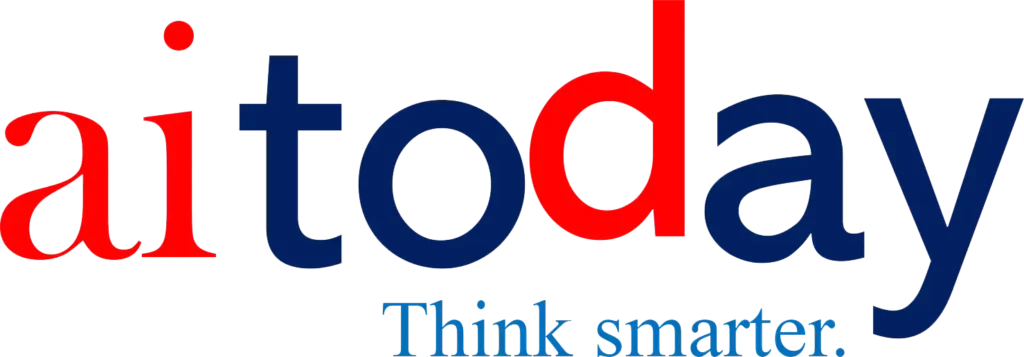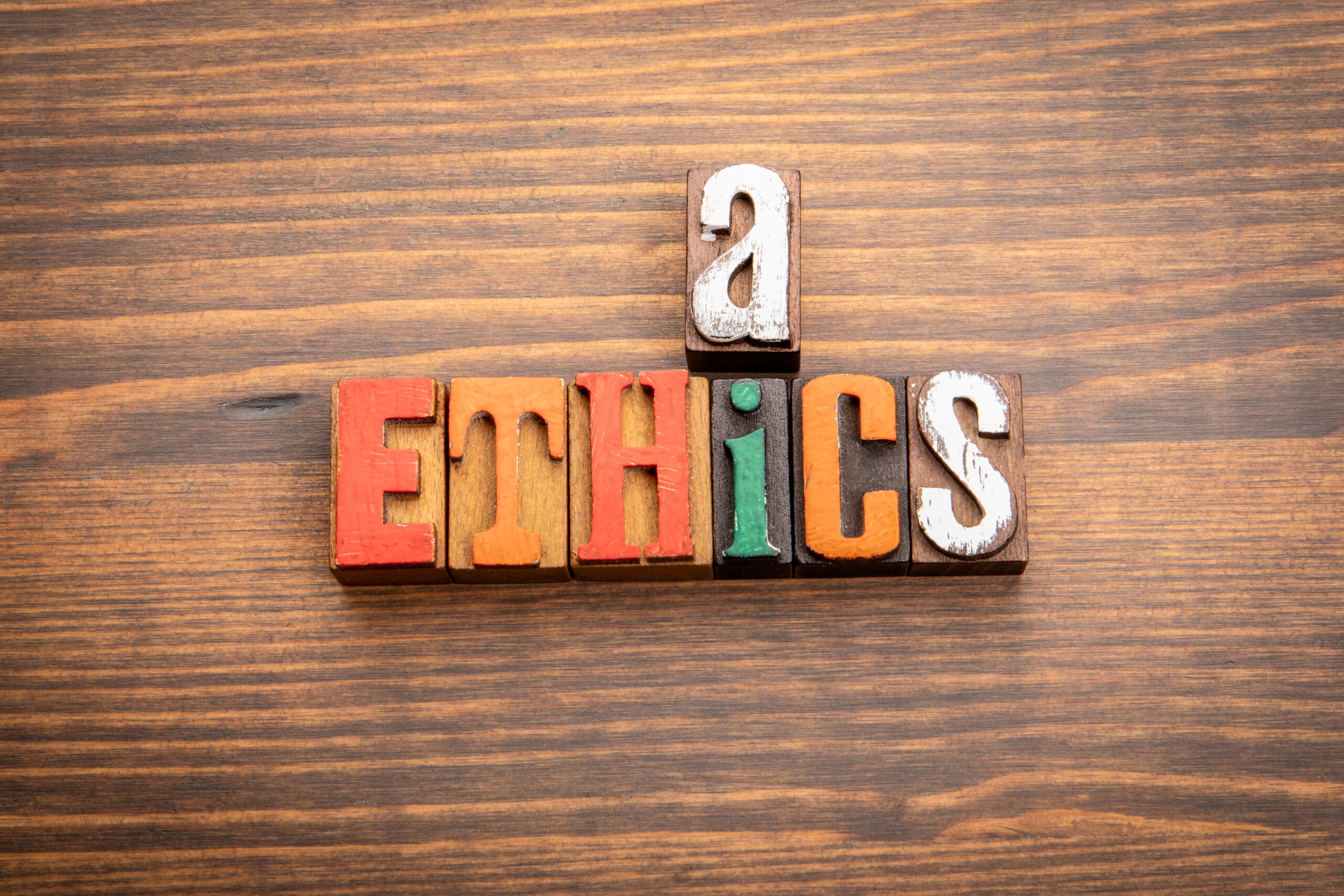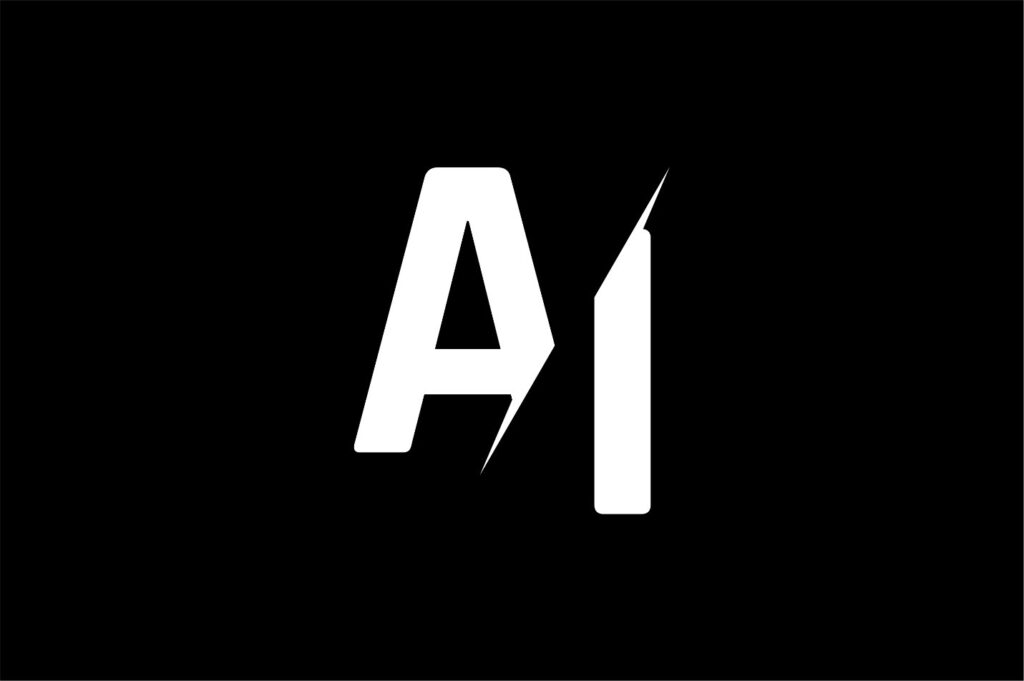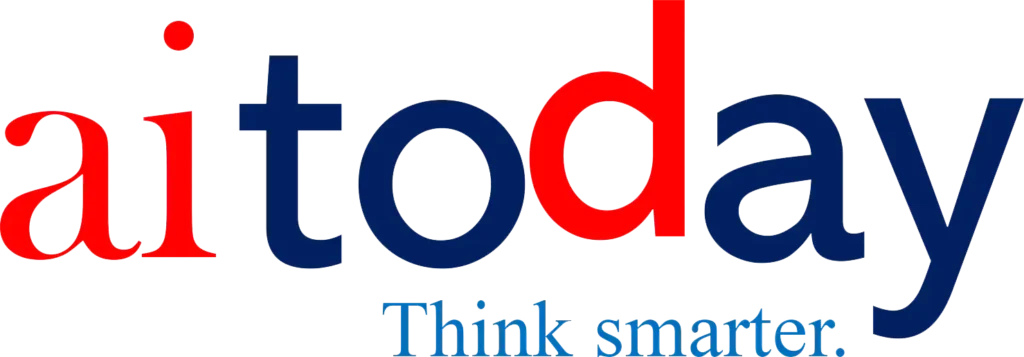A new model, the Ethical Alignment Algorithm, gives us some guidance.
Artificial Intelligence (AI) is slowly permeating our world. Each day it goes a little deeper. But, AI is a double-edged sword. It has the potential to elevate many aspects of our day to day lives. It also has the potential to ruin many lives because of one key element it lacks — ethics.
To address this crucial shortcoming, three researchers have proposed a method to imbue AI operations with ethics. Dr. Khushboo Shah, is an assistant professor of philosophy in the Department of Computer Science at St. Xavier’s College, Dr. Hiren Joshi is the head of the Department of Computer Science at Gujarat University, and Hardik Joshi is the chief operating officer at the Technology Innovation Hub at the Indian Institute of Technology have formulated a model to mitigate, if not eliminate entirely, the risks associated with the AI seemingly destined to dominate — albeit in the background and shadows — of everything from aviation to zoology.
The trio call their framework the Ethical Alignment Algorithm. The algorithm incorporates three commonly known ethical principles: utilitarianism, deontology, and virtue ethics.
Utilitarianism is an ethical theory which is consequentialist. It decides whether the action is right or wrong based on its consequences. Its main aim is to maximize overall happiness and minimize overall loss. This principle is often co-related with the popular phrase “the greatest good for the greatest number.”
Deontology is a type of fair decision-making which helps to protect human rights and maintain fairness. While deontological ethics can lead to rigid decision-making where, for example, an AI system programmed to follow privacy rules strictly might not adapt well to scenarios where data sharing is necessary for achieving better outcomes. Still, many deontologists believe that if actions are taken morally then there is no need to worry about the consequences. This framework’s prime focus is on roles, responsibilities and rights.
Virtue ethics is a psychological approach where a person’s character is the prime driver of actions. It follows Aristotle’s theory which says behavior is developed through honesty, compassion and courage. Actions are always right if the person has moral values. Incorporating virtue ethics in AI means encouraging designs of AI systems which are more toward the good qualities of respect, honesty, and empathy.
Without ethics, AI could cause harm, perpetuate injustices, or degrade societal values. However, when ethics are applied, AI can contribute positively to society by making decisions that are fair, just, and aligned with human values.
By aligning AI with human values technologists, policymakers, and stakeholders can produce, efficient, transparent, ethical results for the betterment of humankind.
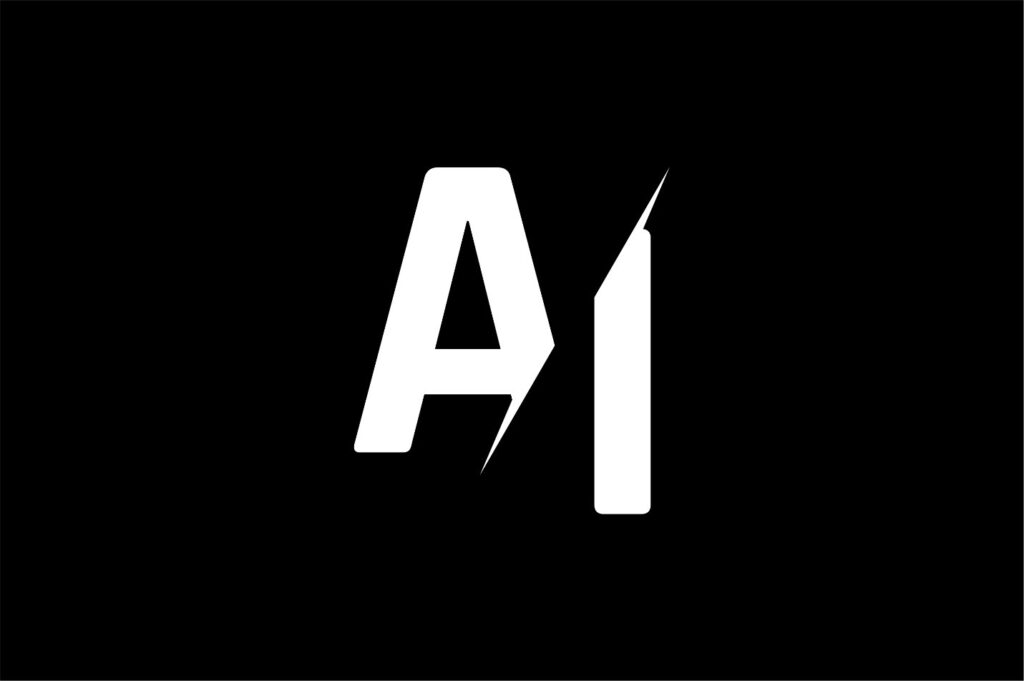
Top 3 Takeaways
- AI challenges us to find ways to use responsibly and morally.
- A new model, the Ethical Alignment Algorithm may hold the key to the ethical use of AI.
- Utilitarianism, deontology, and virtue ethics are central to ethical AI
Keywords: AI Today, AI, artificial intelligence, ethical challenges, ethical framework, ai research, moral values in AI, utilitarianism, deontology, virtue ethics
